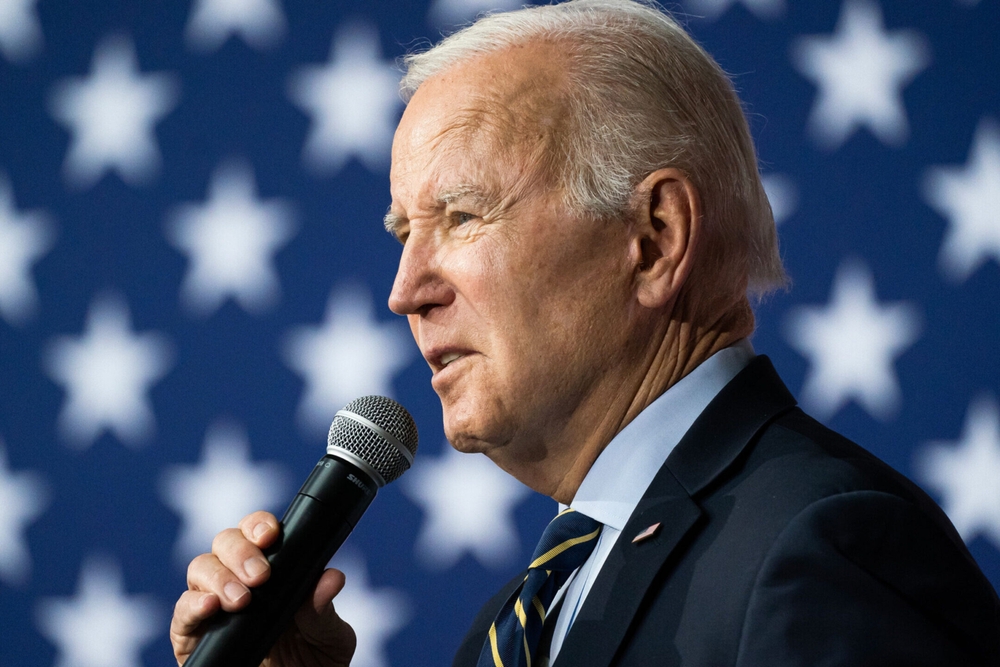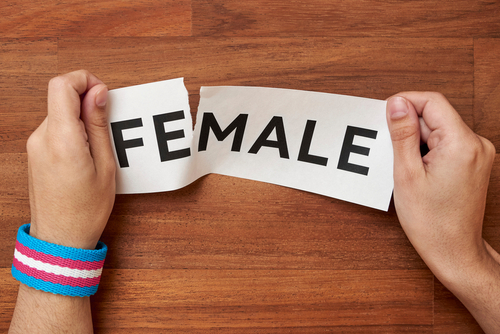
Courthouse Betrayal: Judge Aids Fugitive, Sparks National Outrage
When a judge in Wisconsin is put in handcuffs, you know the judicial system is caught in a storm—one threatening to blow away the very foundations of justice itself.
At a Glance
- Wisconsin Judge Hannah Dugan arrested for allegedly helping a deported individual escape.
- Tension grows between judiciary and Trump administration over immigration enforcement.
- FBI Director and Attorney General assert that no one is above the law, emphasizing the gravity of Dugan’s arrest.
- Judge Dugan allegedly aided an accused domestic abuser in evading ICE capture.
- This unusual case draws comparisons to previous controversies involving judicial conduct.
A Seismic Shift in Judicial Norms
The arrest of Wisconsin Judge Hannah Dugan has lit a wildfire of debate and outrage, spotlighting an alarming instance of apparent judicial misconduct. Dugan is accused of obstructing ICE attempts to arrest Eduardo Flores Ruiz, who has a history of deportation and domestic violence charges. This debacle exposes ever-growing fractures between local courts and the Trump administration, especially regarding immigration enforcement.
Evidently, Judge Dugan allegedly guided Ruiz through a courthouse exit not monitored by federal agents. This act raises serious questions about her adherence to the law and her motives, suggesting a possible intertwining of personal beliefs and official duties. This action rings loud alarm bells about the ethical boundaries that judges are expected to navigate.
The Reverberations of Judicial Overreach
This incident isn’t just about legal infractions; it’s a reflection of deeper ideological schisms within the country’s judiciary. Attorney General Pam Bondi didn’t mince words, “No one is above the law,” she declared, reminding every American of the justice system’s equal footing.
“I think some of these judges think they are beyond and above the law, and they are not. And we’re sending a very strong message today. If you are harboring a fugitive, we don’t care who you are.” – Pam Bondi, U.S. Attorney General
Judge Dugan’s case isn’t isolated. A similar episode in 2019 involving a Massachusetts judge paved the way for heightened scrutiny and skepticism regarding the judicial handling of deportation cases. Public protests erupted in response to Dugan’s arrest, demanding her release. Clearly, the divide is both legal and deeply emotional.
Ethical Dilemmas and Legal Consequences
This controversial arrest serves as a cautionary tale to the judiciary and beyond, throwing into stark relief the tensions surrounding immigration policies during the Trump administration. FBI Director Kash Patel and Bondi have emphasized that safeguarding legal integrity surpasses any individual or ideological pursuits.
“Judge Dugan wholeheartedly regrets and protests her arrest. It was not made in the interest of public safety.” – Craig Mastantuono
With charges against Dugan standing as a grim reminder that judges aren’t immune to accountability, her next court appearance looms large on the horizon. While some claim her actions reflect noble intent amidst changing tides of federal policy, the law underscores a very different reality—it brooks no exceptions, emotional or otherwise.




